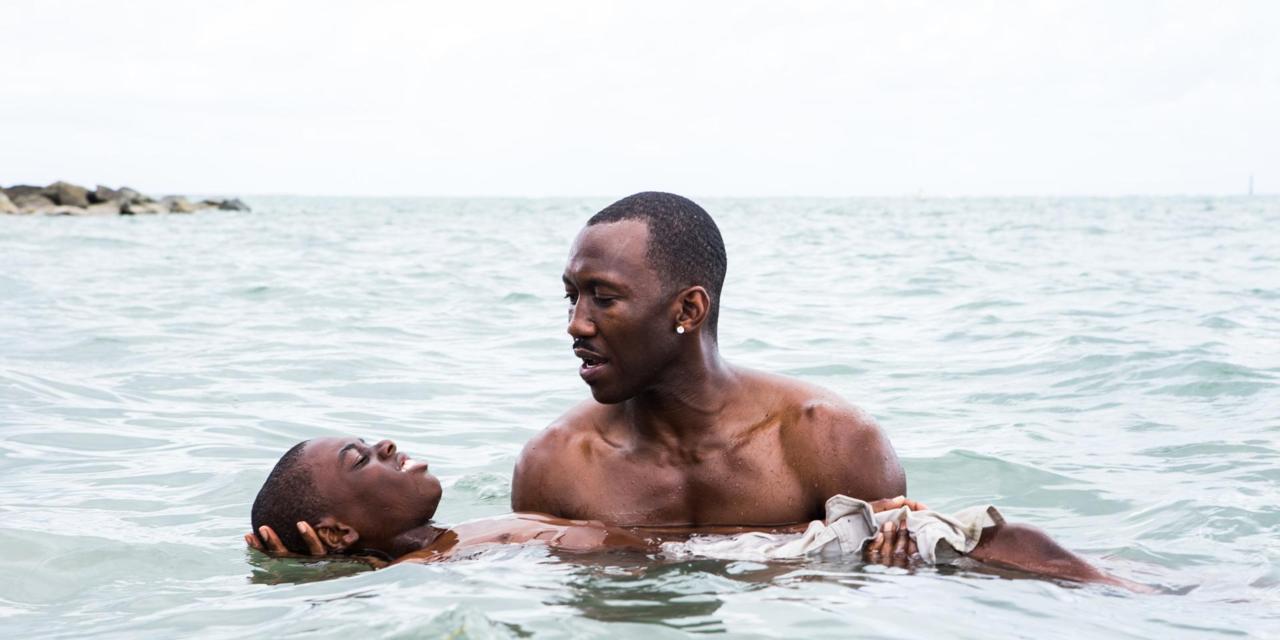After fending off La La Land to win the Academy Award, Moonlight is now the most talked-about movie on our screens. Emily McDermott offers her opinion on a truly unique film.
Barry Jenkins’ Moonlight offers, each named after a different nickname of the protagonist, Chiron. In just one narrative, Jenkins paints a world of pain, sexual discovery, drugs and moonlight with his directorial brush. Hibbert, Sanders and Rhodes offer a stunningly pained triumvirate of Chiron at three different ages.
It is Jenkins’ directing, more than writing, which stuns. We pass into Chiron’s world-view through a series of extreme close-ups. Through dream sequences we share Chiron’s deepest fears he cannot share with the rest of his filmic world. The narrative occasionally drifts from the main action to dip into Chiron’s daydreams and it is these illusory diversions which colour the canvas of the film.
‘The beach is to become a site of growth in the film and the motif of the waves ripples throughout each scene.’
The beach is to become a site of growth in the film and the motif of the waves ripples throughout each scene. The centre of Chiron’s nascent manhood, the beach, is the place where he learns to swim, is touched by a man for the first time and is reunited with this man in later life. During this tryst, Chiron chokes on pained silences and so the music on the jukebox does the talking for him. Yet, Barbara Lewis’ lyrics ‘hello stranger…it seems so good to have you back again’ are poignant not only for Kevin and Chiron’s reunion, but Chiron’s reunion with his old self, someone he has repressed for a decade.
Jenkins offers a quasi-happy ending but, crucially, not a perfect one. He somehow finds beauty in the tragedy, finds that a painful life is still a life worth painting. Moonlight is not a film that promises life will keep you safe from the water. We are all adrift but, like Chiron and Kevin, we can find each other in the waves.
Emily McDermott
(Image courtesy of the BBC)

